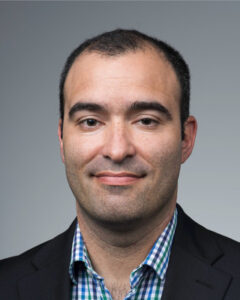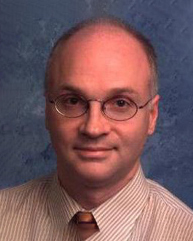 PI Researcher: Wayne Knox
PI Researcher: Wayne Knox
Development of a new Intraoperative Instrument Using AR/VR technology: We propose to continue and expand our recently started research project on using multispectral polarization technology for the detection of nerves and to learn how to incorporate it into a VR/AR/MR technology as a new surgical aid. This device could help to avoid accidental nerve cuts during routine surgery. The project will develop a research prototype for use in live human surgical clinical trials. We will test different modes of image processing such as artificial intelligence and methods of data science to determine the best modes of operation according to the surgeon’s requirements.



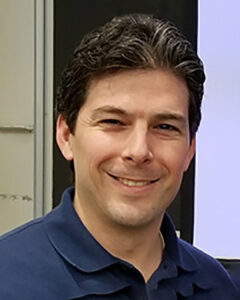 PI Researcher:
PI Researcher: 
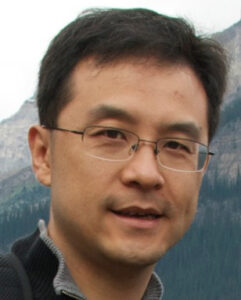
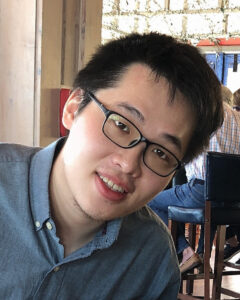 PI Researchers:
PI Researchers:
 PI Researcher:
PI Researcher: 
 PI Researcher:
PI Researcher: 
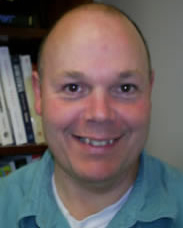 PI Researcher:
PI Researcher:  IDEX Health and Science – Machine Learning for the Enhanced Design of Multilayer Optical Filters
IDEX Health and Science – Machine Learning for the Enhanced Design of Multilayer Optical Filters PI Researcher:
PI Researcher: 
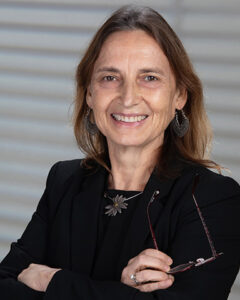 PI Researcher:
PI Researcher:  PI Researcher:
PI Researcher: 
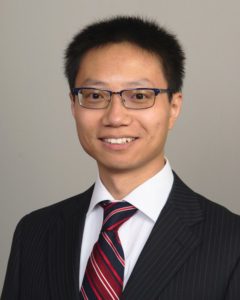 PI Researcher:
PI Researcher: 
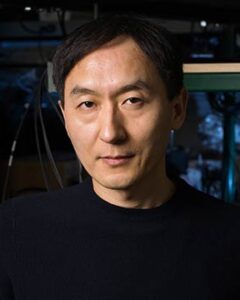 PI Researcher:
PI Researcher: 
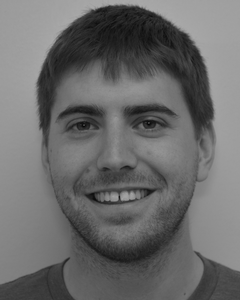 PI Researcher:
PI Researcher: 
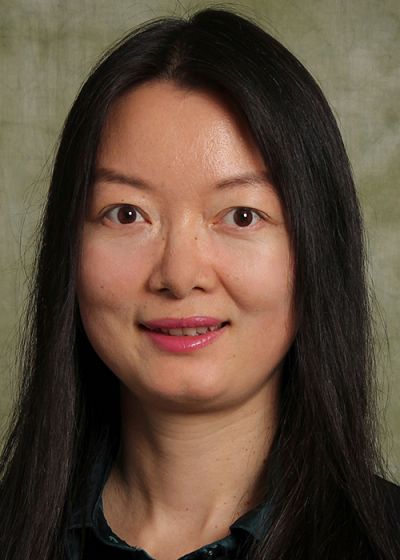 PI Researcher:
PI Researcher: Parverio – Second Generation Computer Vision Tools for the Study of Luekocyte Trafficking Across Vascular Barriers In Vitro
Parverio – Second Generation Computer Vision Tools for the Study of Luekocyte Trafficking Across Vascular Barriers In Vitro PI Researcher:
PI Researcher: Advanced Atomization Technologies – Establishing a Multi-modal Data Fusion Framework for Acquiring Tacit Knowledge from Machinists
Advanced Atomization Technologies – Establishing a Multi-modal Data Fusion Framework for Acquiring Tacit Knowledge from Machinists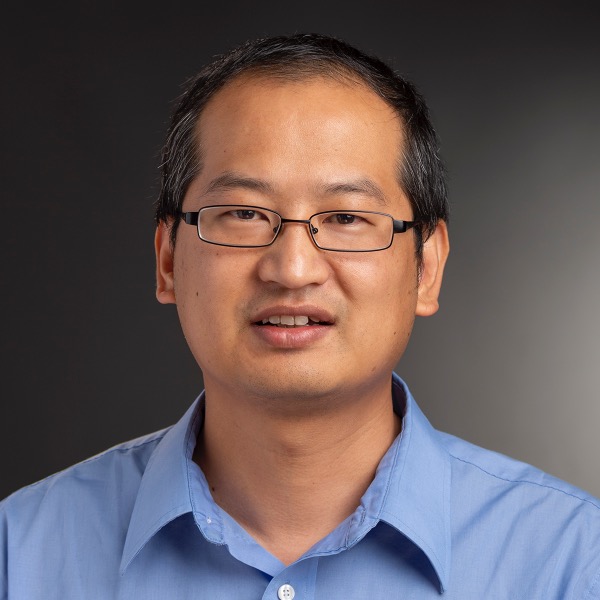 PI Researcher:
PI Researcher: 

 Causal modeling represents an active area of research for determining causal relationships when a randomized controlled experiment is not available. The RPI team has developed extensive experience building causal models using micro-level data.
Causal modeling represents an active area of research for determining causal relationships when a randomized controlled experiment is not available. The RPI team has developed extensive experience building causal models using micro-level data. 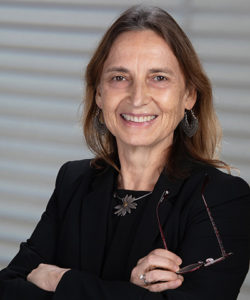
 Trendly – Few-Shot learning for Fine-Grained Object Recognition
Trendly – Few-Shot learning for Fine-Grained Object Recognition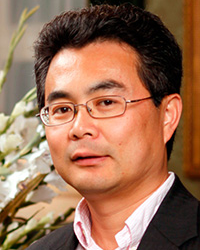
 L3Harris – Scalable Architectures and Increased Capacity for Bi-stable Resistively-coupled Ising Machine – BRIM
L3Harris – Scalable Architectures and Increased Capacity for Bi-stable Resistively-coupled Ising Machine – BRIM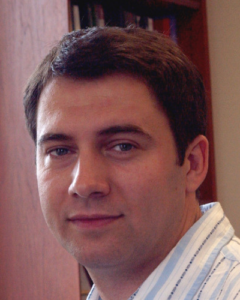
 IBM – Learning to Localize Sources of Network Diffusion
IBM – Learning to Localize Sources of Network Diffusion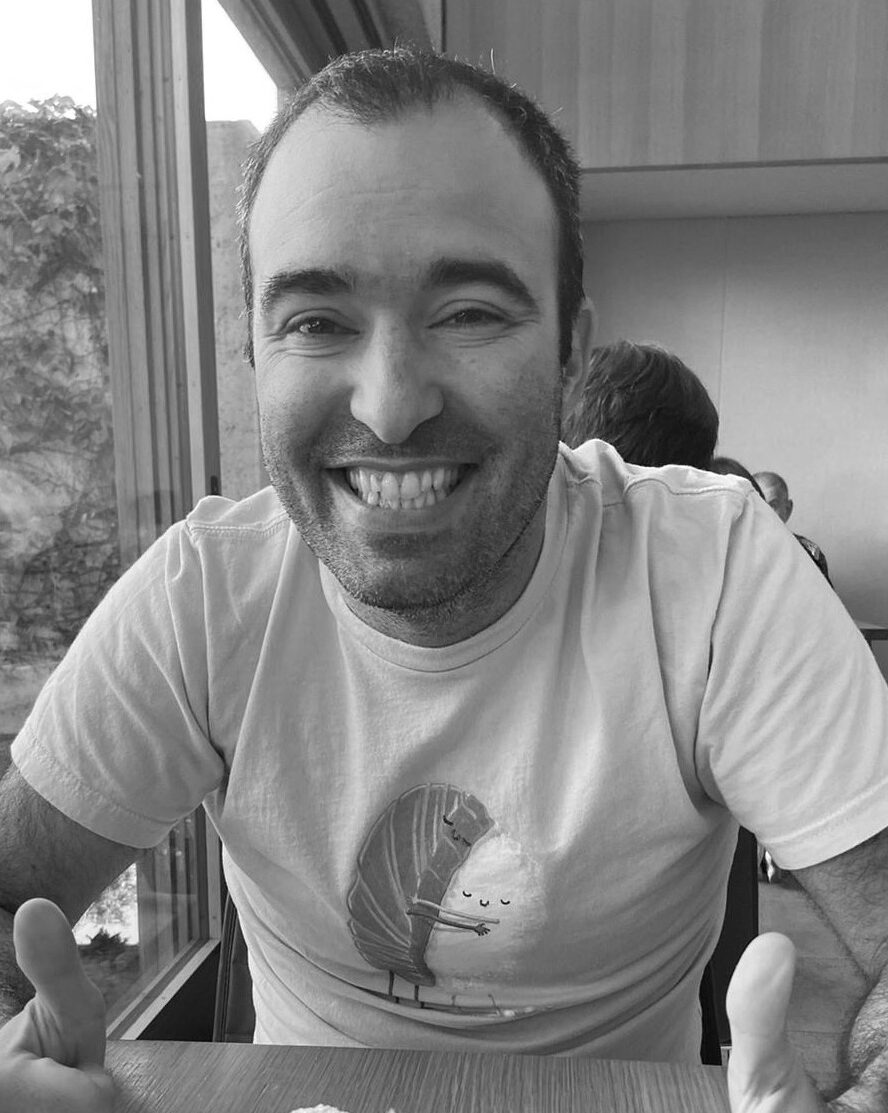
 Flaum Eye Institute – 3D eye imaging and machine learning strategies to improve cataract surgery
Flaum Eye Institute – 3D eye imaging and machine learning strategies to improve cataract surgery Cataract surgery is the most often performed surgery in any hospital of the world (28 million/year). However, the process by which the intraocular lens to replace crystalline lens is selected relies on limited anatomical information and rudimentary formulas.
Cataract surgery is the most often performed surgery in any hospital of the world (28 million/year). However, the process by which the intraocular lens to replace crystalline lens is selected relies on limited anatomical information and rudimentary formulas. 


 Immersitech – Development of a Framework for the Evaluation of Spatial Audio System Performance
Immersitech – Development of a Framework for the Evaluation of Spatial Audio System Performance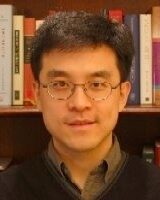
 ACV Auctions – Auto Auction Data as a Leading Indicator of Economic Activity and Vehicle Valuation
ACV Auctions – Auto Auction Data as a Leading Indicator of Economic Activity and Vehicle Valuation IBM – Learning to Localize Sources of Network Diffusion
IBM – Learning to Localize Sources of Network Diffusion